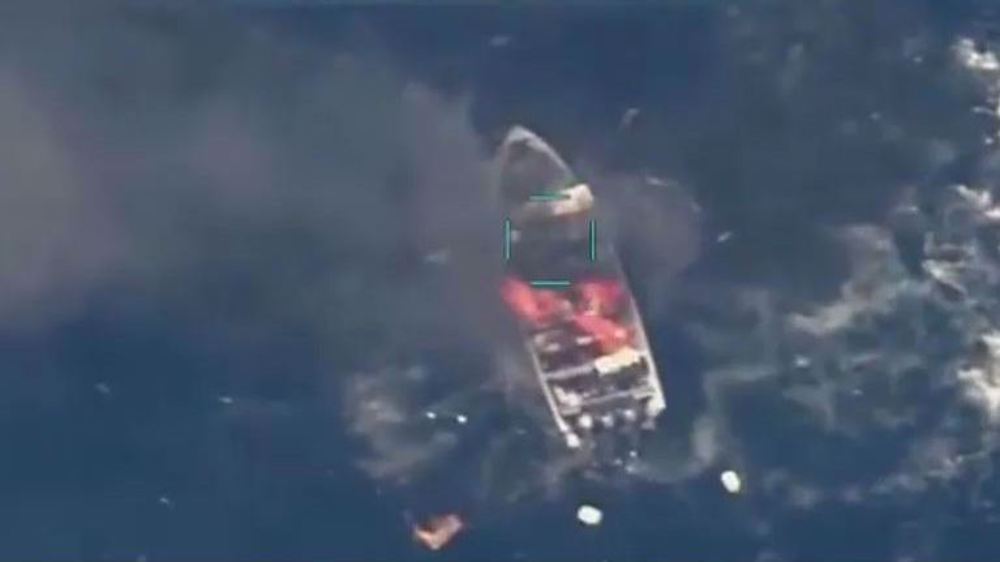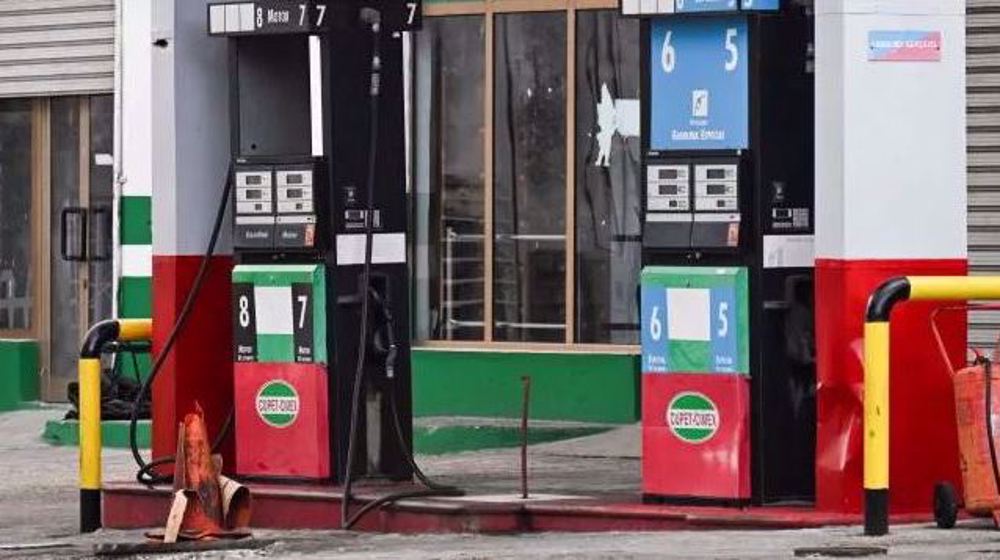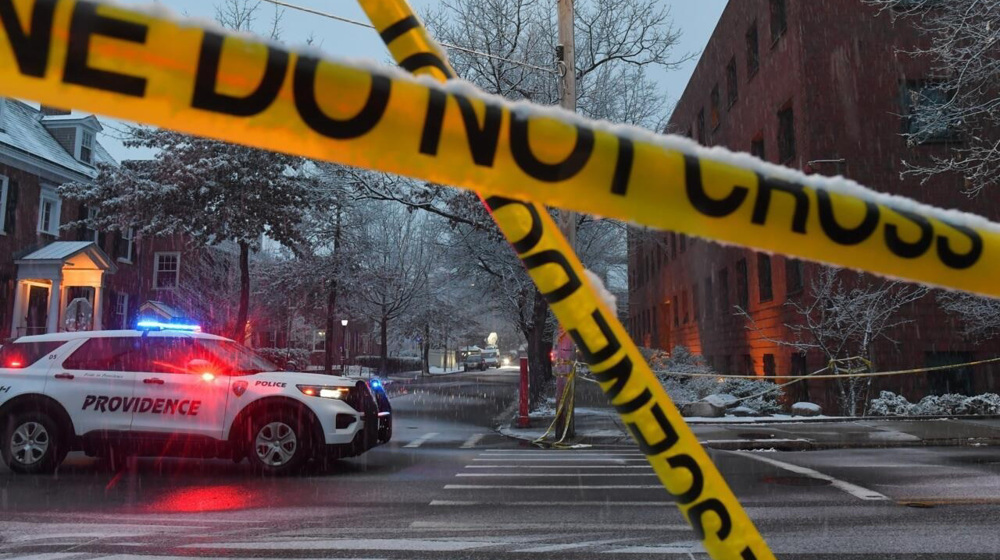Bolivians cast votes in presidential polls, hope it will restore political stability
Bolivians began voting on Sunday in a presidential election many hope can restore stability to a nation that plunged into turmoil after a fraught and eventually voided vote last year, leaving the country in the hands of an interim president.
Polls opened at 8:00 am (1200 GMT) in an election that will not feature former president, Evo Morales, for the first time in 20 years.
Morales, who resigned and went into exile, is barred from taking part but his successor as leader of the Movement for Socialism (MAS) party, Luis Arce, has topped every poll since he was nominated in January.
Tensions have been running high with MAS warning of a pending "fraud" and threatening to protest should they not get their way, while misinformation has been circulating freely.
"Obviously there will be social upheaval ... we just hope it won't last long," Clara Quitalba, 49, from the MAS bastion of EL Alto on the outskirts of La Paz, told AFP.
Bolivia erupted in violence late last year when Morales sought a fourth term in a disputed election that has since been annulled. The violence cost at least 30 lives, sparked food shortages and forced Morales to resign after almost 14 years in power.
Arce is expected to win Sunday's first round, but the question is whether the 57-year-old can achieve the required 40 percent with a 10-point lead to avoid a run-off.
Polls suggest centrist former president, Carlos Mesa, 67, will get enough votes to ensure there is a run-off, which he would be expected to win with the other four candidates likely to then endorse him.
Arce told local media this week that the only way his rival could win is "through fraud."
Freddy Mamami, a member of Arce's Movement Toward Socialism party who is running for Congress, told Reuters, "If the electoral verdict is in line with the objective reality we see, nothing will happen."
A last-minute decision by Bolivia's electoral authority not to release preliminary results on Sunday night has added a layer of tension to the election. Morales said the decision was "highly worrying," while Mesa's party said it was disappointing, but understandable.
It was not clear when the first official results will now be available, although private firms are still expected to conduct exit polling.
"The vote is set to be the most important since Bolivia returned to democracy in 1982," said Carlos Valverde, a political analyst.
Observer missions from the European Union, OAS and the Carter Center were present while United Nations General Secretary Antonio Guterres has called for the result to be respected.
The vote will bring to an end the year-long interim presidency of conservative Jeanine Anez, who withdrew from the race a month ago as criticism rose of her handling of the coronavirus pandemic that has left more than 8,400 people dead and infected 130,000.
Landlocked Bolivia, one of the poorest countries in the region despite its rich natural resources, is also experiencing its worst economic crisis in 40 years with GDP expected to contract by 6.2 percent in 2020.
As well as choosing a new president, the 7.3 million eligible voters will elect a new Congress, where both chambers are currently controlled by MAS.
The election was originally scheduled to take place in May, but was postponed several times due to concerns about the coronavirus pandemic.
IRGC: Latest waves of Op. True Promise 4 led to tanker strikes, base shutdowns, heavy casualties
CENTCOM confirms US troops killed in Iran’s retaliatory strikes
China ‘strongly condemns’ US-Israeli assassination of Iran’s Leader
Iran sees no limits in defending itself after Leader's ‘dangerous’ assassination: FM
IRGC strikes USS Abraham Lincoln aircraft carrier with volley of ballistic missiles
Iranian armed forces to pulverize US bases across the region: Pezeshkian
Enemy will take dream of enslaving the Iranian nation to grave: Army chief
IRGC launches largest barrage of missile strikes at Israeli occupied territories














 This makes it easy to access the Press TV website
This makes it easy to access the Press TV website